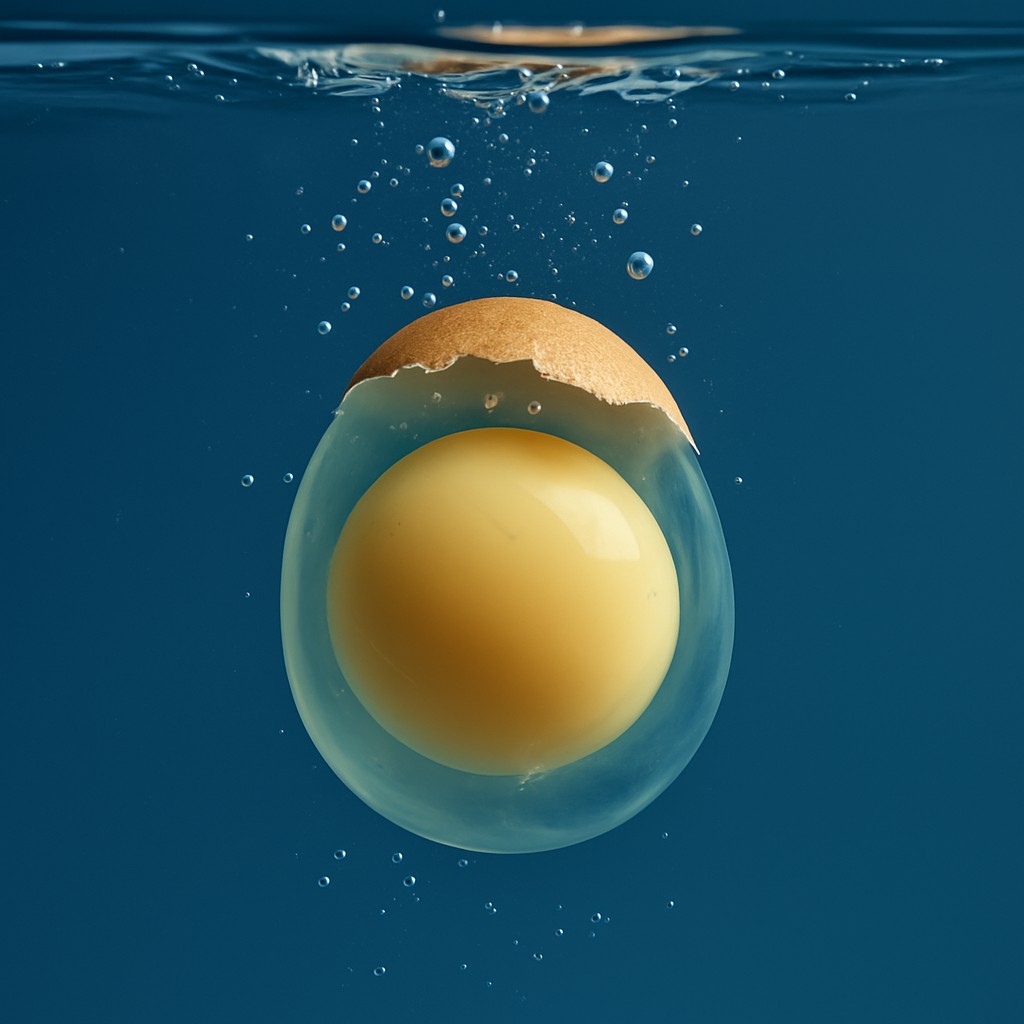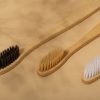🥚 What happens when you break an egg under water? Science explains it to you
Breaking an egg may seem like everyday. But what happens if you do it completely submerged in water? What at first glance seems like a simple homemade experiment, it is actually a powerful demonstration of physics that reveals the hidden behavior of fluids.
🌊 The experiment: break an egg in the water
By submerging a raw egg and breaking it underwater, you could expect its content to disperse immediately. However, during the first seconds something surprising happens: the clear and the yolk are linked, floating as if they still had an invisible shell.
This happens because water exerts Hydrostatic pressure From all angles. That external pressure acts as if it were a "new liquid shell" that momentarily contains the inside of the egg. In this way, the fluid behaves as a structure that maintains its shape without the need for a solid container.
🧪 Why don't you get rid of immediate?
This effect may seem magical, but in reality it is a perfect demonstration of how liquids can also Exercise Structure and Resistance. Water pressure evenly compresses the egg membrane, preventing it from disintegrating instantly.
Over time (and depending on the movements of the water or its temperature), the clear and the yolk end up separating. But during those first seconds, we have the opportunity to observe a natural phenomenon that reveals the balance between internal and external forces.
🔍 A fascinating example of daily physics
These types of experiments, although simple, help us understand more complex principles such as pressure, flotability and fluid behavior. It also reminds us that a laboratory is not necessary to see science in action: sometimes, we only need a kitchen and a little curiosity.
The next time you cook eggs, remember this: even the most common can hide a universe of knowledge.
🔗 Recommended sources
Egg under water experiment - National Geographic Education
Breaking Eggs underwater - Science Fun Kids Zone
Foundations of flotability - Live Science
Discover more curious experiments in our science category








